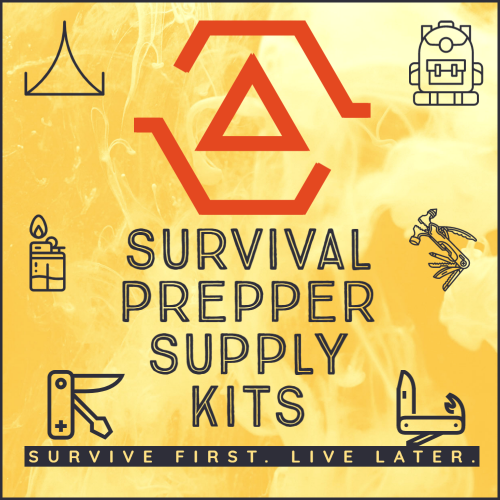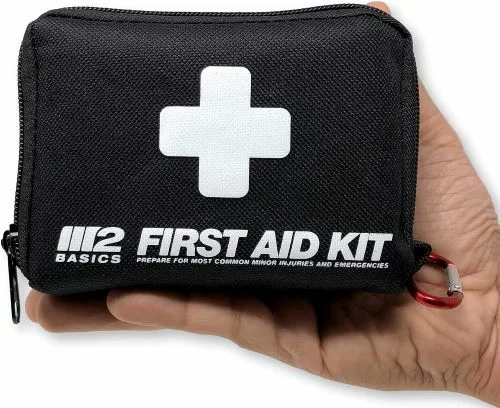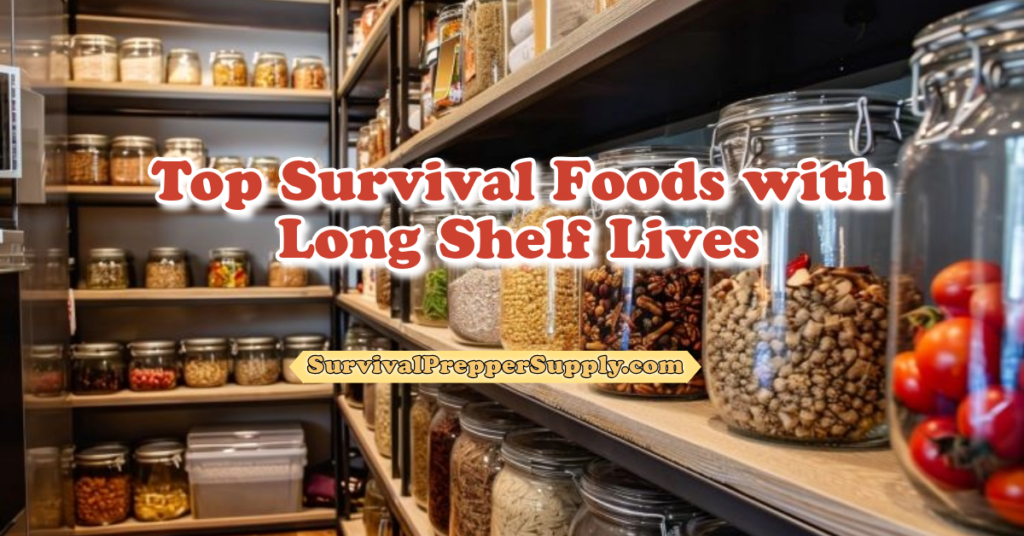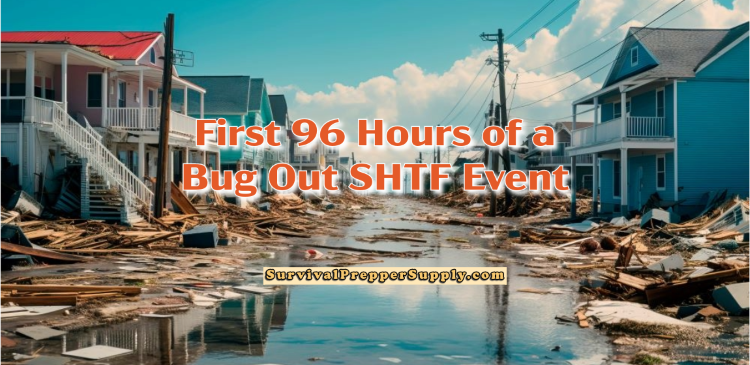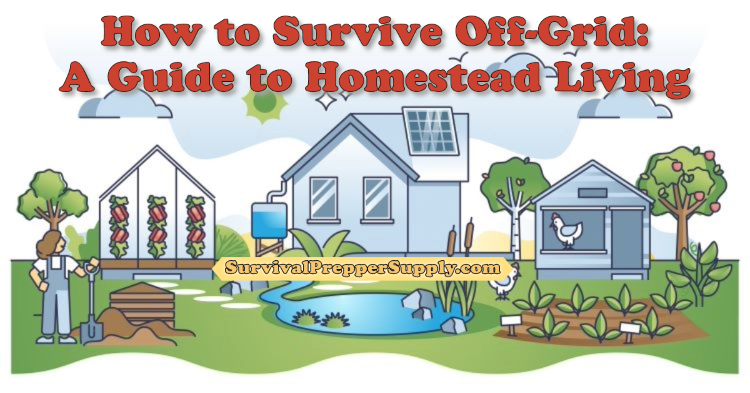Important First Aid Skills for Emergency Situations
Maintaining good health is critical during a survival scenario. Under harsh circumstances, an illness or injury can wear you down, making it difficult to handle the physically demanding tasks required to stay alive in the wilderness.
To overcome health issues, it is necessary to possess knowledge of first aid. If you happen to find yourself in a wilderness setting without access to any medical supplies, it is imperative to know how to administer first aid without such resources.
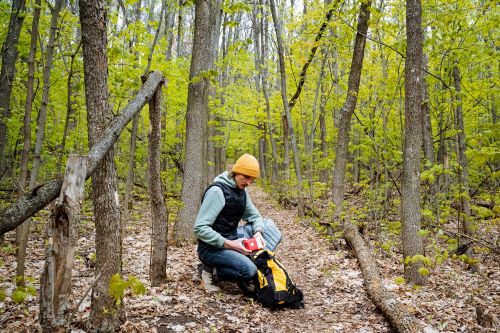
Please note that this post contains affiliate links, meaning I will get a small commission for qualifying purchases at no extra cost to the buyer.
For instance, water from a stream can cool burn wounds. Aloe vera can be applied to the affected area. Sprained wrists or ankles may require rest, a splint, or compression to reduce swelling. Insect bites are a prevalent issue. Applying mud can help soothe the itchiness.
Related: The Ultimate Guide to Survival Lessons – Cleanliness, Defense, First Aid. Lessons #8-10
Ideally, you’ll have certain materials on hand. Possessing a first aid kit would simplify matters, as it would provide crucial items that are scarce in the wilderness, such as medication, dressings, etc.
If you have a first aid kit on you during a survival scenario, make sure you’re familiar with how to use it. If you purchase a pre-made kit, you must research each item and understand its purpose and how to treat injuries and ailments.
Be ready for any emergency with this Compact 150 Piece First Aid Kit w/Carabiner, Emergency Blanket | Medical Survival Bag
This complete FSA-HSA-approved first aid kit equips you with the necessary supplies to handle most minor injuries and medical emergencies that may arise.
Includes adhesive bandages in many sizes (strips, butterfly, fingertip, knuckle, spot), prep wipes, sterile wound cleansing wipes, sting relief pads, cotton tip applicators, CPR protective device, disposable nitrile hand protection, small metal scissors, safety pins, tourniquet, adhesive tape roll, sterile gauze sponges (2 sizes), carabiner, blanket and carry case.
Many individuals prefer to put together a first aid kit on their own rather than purchasing a pre-assembled one. This allows you to customize everything to your specific needs and requirements.
For instance, if you have a health condition requiring a specific medication, you can ask your physician to provide you with a supply of the medication for several months. You can then pack this medication into your first aid kit.
Read this: 13 Medical Skills Every Prepper Should Learn
Keep in mind that not all doctors will agree with this approach, but having it available in the event of an unexpected crisis or a bugging-out scenario is beneficial. You should also be aware of the types of health issues most likely prevalent in a survival setting.
Familiarize yourself with the symptoms associated with ailments triggered by extreme temperatures, such as hypothermia, as well as those resulting from accidents, diseases that can affect animals, and so on. This will allow you to identify any potential problems.
Additionally, you can utilize the knowledge gained from this research to plan out a first-aid kit that includes the necessary supplies to address the most prevalent health issues that arise when living in the great outdoors.
It’s crucial to understand the necessary steps for treating an injury and what natural elements can be utilized in place of first-aid kit equipment if you run out of or cannot access such gear.
Related: Grab-and-Run Emergency Kits for Swift Evacuation and Preparedness
In a survival scenario, having basic first aid knowledge is crucial, but it’s not the only factor that affects health and safety.
During times of crisis, maintaining physical and mental health is crucial. Being outside for extended periods takes a toll on the body, so it is important to be physically fit.
It’s crucial to build a robust immune system and maintain good physical shape when considering preparedness for survival. You’ll be more susceptible to injuries or becoming ill if you’re not physically fit.
You may also become exhausted rapidly and unable to cope with the circumstances due to insufficient physical endurance resulting from a lack of fitness. Regular exercise and a healthy diet will increase your overall physical fitness and strengthen your immune system. (Like, maybe don’t post stuff online all day, lol.)
Cardiovascular exercise will enhance your endurance, which could be crucial in a survival scenario where you may need to flee rapidly or remain active for an extended period.
Related: The Ultimate Guide to SHTF Survival Lessons, Lessons #6-7, Travel and Navigation, Stay Calm
Maintaining mental health is just as important during a survival emergency as physical health. A strong mind is necessary when making difficult decisions.
If you’re too anxious to be logical, you won’t be able to think straight. If you’re not thinking logically, you could potentially endanger your team.
Trying to think and make plans amid turmoil would not be very relaxing during an extreme and challenging survival scenario. Therefore, it is crucial to prepare for emergencies in advance.
Related: 7 Steps to Building a DIY Survival Prepper Supply Kit – Survival Prepping Tips
Developing a plan for an emergency evacuation will save you the agony of frantically attempting to determine what needs to be done in the event of such an occurrence. This includes determining where to go, locating essential resources, a designated location to reunite with your family should you get separated, and what to pack in your emergency kit, such as a bug-out or go-bag.
Possessing knowledge regarding survival abilities will also assist you in avoiding a sense of powerlessness. Being familiar with what actions to take provides you with a reassuring sense of safety and predictability. The more you practice and acquire skills in activities such as constructing shelters, hunting for food, and so on, the more confident you will feel when facing actual challenges.
Read next: Bushcraft – Part 5 Fire Crafting Techniques for Outdoor Survival
I’m the daughter of 2 original survivalists who moved from the north to sunny Florida. My mother, along with her parents, bought 30 mostly uncleared acres in 1938. The first home was made of pecky-cypress and built by a house-raising. My mother raised 10,000 chickens.
My divorced mother met and married my father in 1948. From pine trees on our property, he hand-built a log cabin. He also built a tarpaper-lined 65’x45′ pool with duck pond overflow. We had an artesian well for our water and powering our hand-built waterwheel for the pool. He built a substantial cantilevered roof workshop with a car pit in the massive cement floor.
Since my early teens, I have read a ton of books about survival, prepping, the bomb, an apocalypse, homestead living, and SHTF situations. As an adult, I continue to read sci-fi, survival prepping, and science. I practice a prepper lifestyle albeit a bit modified, read a lot, buy a lot, pack/store a lot of anything survival related.
Read my About Me post for more details on our self-sufficient living. I lived there until I went to college in 1968.
My SurvivalPrepperSupply.com blog strives to educate individuals on coping with natural and human-caused disasters using article posts about preparing for emergencies.
